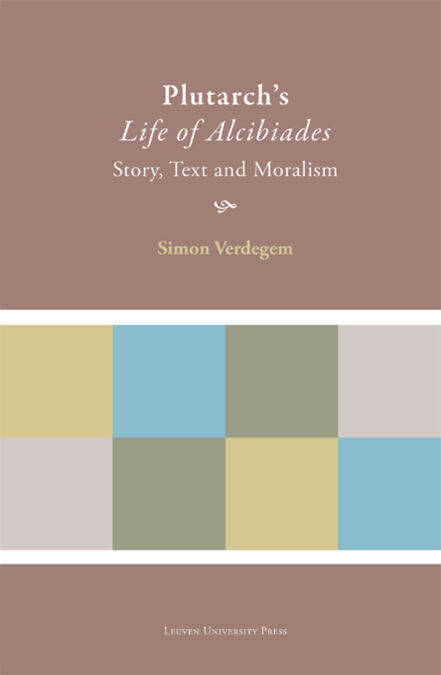
Bedankt voor het vertrouwen het afgelopen jaar! Om jou te bedanken bieden we GRATIS verzending (in België) aan op alles gedurende de hele maand januari.
- Afhalen na 1 uur in een winkel met voorraad
- In januari gratis thuislevering in België
- Ruim aanbod met 7 miljoen producten
Bedankt voor het vertrouwen het afgelopen jaar! Om jou te bedanken bieden we GRATIS verzending (in België) aan op alles gedurende de hele maand januari.
- Afhalen na 1 uur in een winkel met voorraad
- In januari gratis thuislevering in België
- Ruim aanbod met 7 miljoen producten
Zoeken
Omschrijving
At the beginning of the second century AD, Plutarch of Chaeronea wrote a series of pairs of biographies of Greek and Roman statesmen. Their purpose is moral: the reader is invited to reflect on important ethical issues and to use the example of these great men from the past to improve his or her own conduct. This book offers the first full-scale commentary on the Life of Alcibiades. It examines how Plutarch's biography of one of classical Athens' most controversial politicians functions within the moral programme of the Parallel Lives. Built upon the narratological distinction between story and text, Verdegem's analysis, which involves detailed comparisons with other Plutarchan works (esp. the Lives of Nicias and Lysander) and several key texts in the Alcibiades tradition (e.g., Plato, Thucydides, Xenophon), demonstrates how Plutarch carefully constructed his story and used a wide range of narrative techniques to create a complex Life that raises interesting questions about the relation between private morality and the common good.
Specificaties
Betrokkenen
- Auteur(s):
- Uitgeverij:
Inhoud
- Aantal bladzijden:
- 499
- Taal:
- Engels
- Reeks:
Eigenschappen
- Productcode (EAN):
- 9789461660091
- Verschijningsdatum:
- 7/04/2017
- Uitvoering:
- E-book
- Beveiligd met:
- Digital watermarking
- Formaat:

Alleen bij Standaard Boekhandel
+ 52 punten op je klantenkaart van Standaard Boekhandel
Beoordelingen
We publiceren alleen reviews die voldoen aan de voorwaarden voor reviews. Bekijk onze voorwaarden voor reviews.









